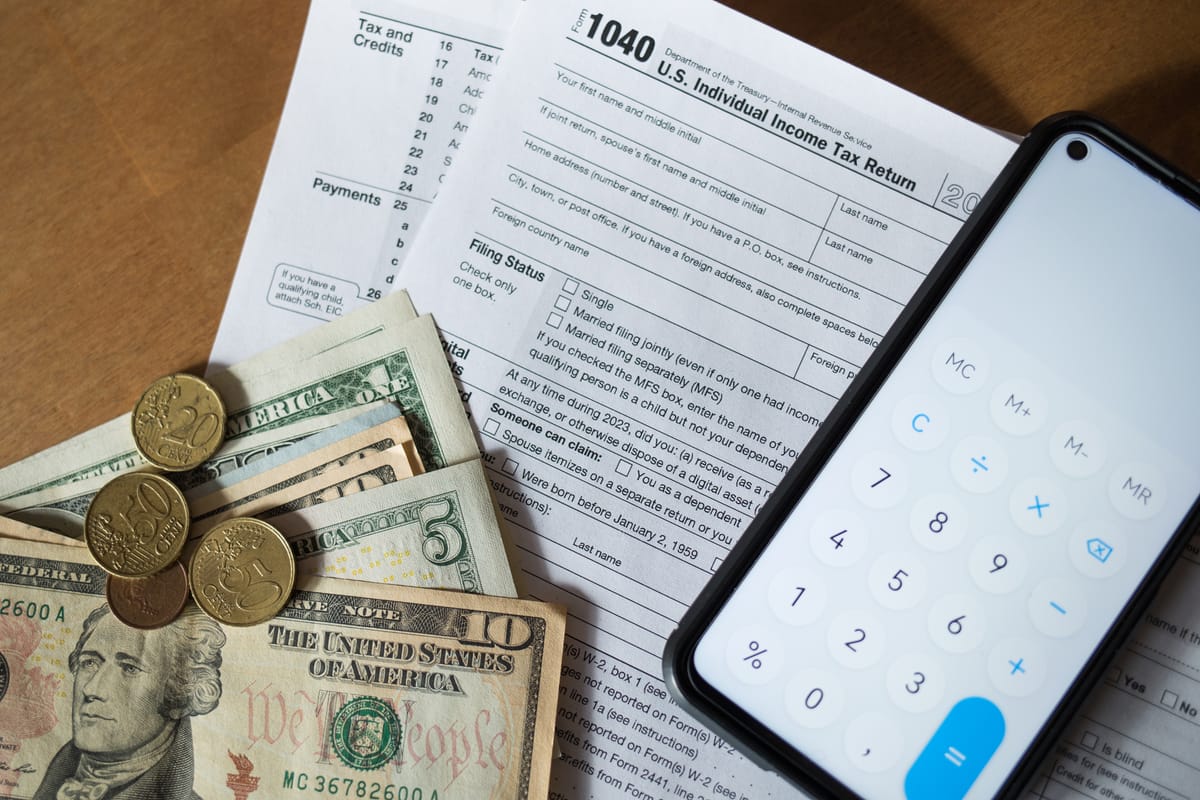
Taxes can be one of the most overwhelming aspects of rental housing ownership. From choosing the right entity structure to handling depreciation and worker classification, housing providers face a minefield of compliance risks and missed opportunities if they don’t get it right.
At AACSC’s March education webinar, Miguel Romero, CEO of Ingenious Enumeration LLC, delivered a comprehensive guide to tax preparation tailored specifically for housing providers. Romero drew on his deep experience in tax preparation, audit defense, and real estate finance to help attendees minimize liability, maximize deductions, and prepare confidently for audits.
Key Takeaways from the Session
1. Entity Structure and Compliance
Romero highlighted a common pitfall: misalignment between ownership structure and tax treatment. Many providers own properties under LLCs or trusts but file taxes under their personal name—creating unnecessary audit risk.
✅ Best practice: Keep bank accounts, titles, and filings consistent with your entity structure.
2. Documentation and Audit Readiness
Audit preparation begins long before an IRS letter arrives. Housing providers should:
- Separate personal and business accounts
- Maintain receipts and documentation for all expenses
- Reconcile bank statements with tax filings
Excessive “repairs” or misclassified expenses are among the biggest red flags.
3. Depreciation and Cost Segregation
Romero explained how to properly capture depreciation:
- Exclude land from depreciation schedules
- Consider cost segregation studies to accelerate depreciation timelines
- Use these strategies strategically when refinancing or acquiring new properties
4. Bookkeeping and Software Tools
For providers managing 10–50 units, Romero recommended AppFolio over QuickBooks, citing its built-in rent collection, accounting, and tax-ready reporting. While more costly, its automation saves significant time and prevents common filing errors.
5. Understanding Tax Roles
Romero clarified the differences:
- CPAs: Certified but not always real estate experts
- Enrolled Agents (EAs): Licensed by the IRS to represent taxpayers
- Tax Preparers: Varying qualifications; focus on finding one with real estate experience
Credentials matter, but industry expertise matters more.
6. Deductible Expenses
Housing providers can deduct:
- Mileage and vehicle costs
- Travel for property management
- Insurance, legal fees, and repairs
- Certain supplies for short-term rentals (decorations, consumables, etc.)
7. 1099 Compliance and Worker Classification
If you pay an independent contractor $600+ in a calendar year, you must collect a W-9 and issue a 1099-NEC. Misclassifying employees as contractors can result in steep fines under California law.
8. Estimated Tax Payments
Rental income without withholding makes quarterly estimated payments essential. Romero shared planning tips to avoid penalties and smooth cash flow.
Top 3 Q&A Highlights
Q1: What bookkeeping software is best for a 16-unit property? A: AppFolio—fully deductible and integrates all functions in one place.
Q2: How should I categorize decorations and supplies for an Airbnb? A: As marketing/operating expenses, not repairs.
Q3: Do I need to issue a 1099 to a plumber if payments exceed $600? A: Yes. Always issue a 1099-NEC and verify contractor status.
Don't forget that:
- Depreciation Recapture: Remember that depreciation claimed must be recaptured upon sale.
- Strategic Refinancing: Proceeds can be tax-deferred if paired with smart planning.
- Worker Misclassification: California is aggressively enforcing these cases—document carefully.
Sidebar: Tax Compliance Checklist for Housing Providers
✅ Align LLC/trust ownership with tax filings
✅ Separate personal and business bank accounts
✅ Schedule annual cost segregation reviews
✅ Use real estate-focused software like AppFolio
✅ Issue 1099-NECs for contractors over $600
✅ Make quarterly estimated tax payments
✅ Keep receipts, photos, and notes for all deductions